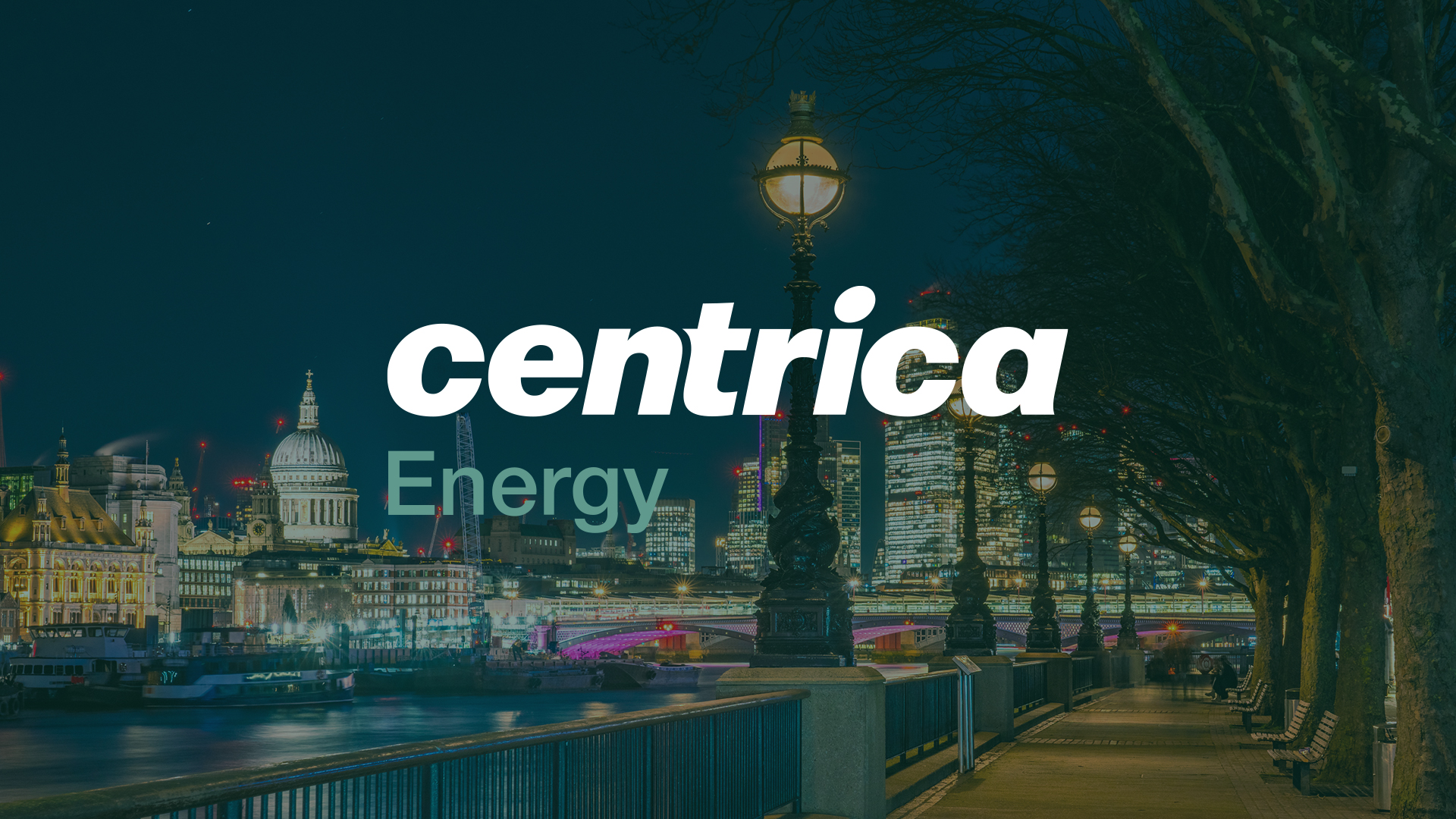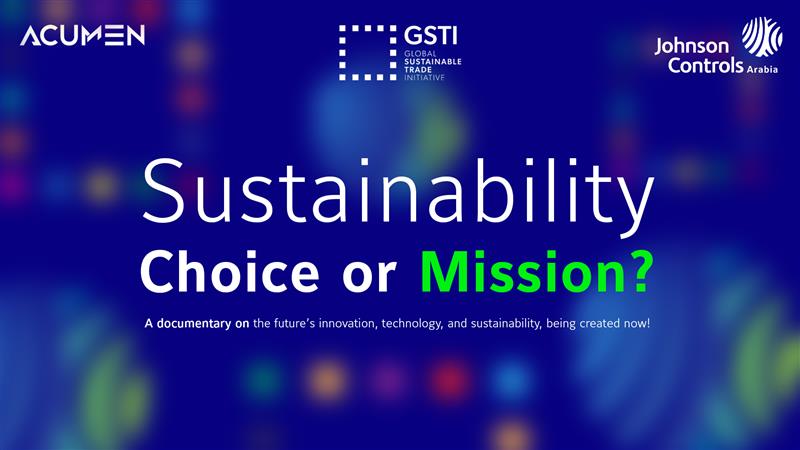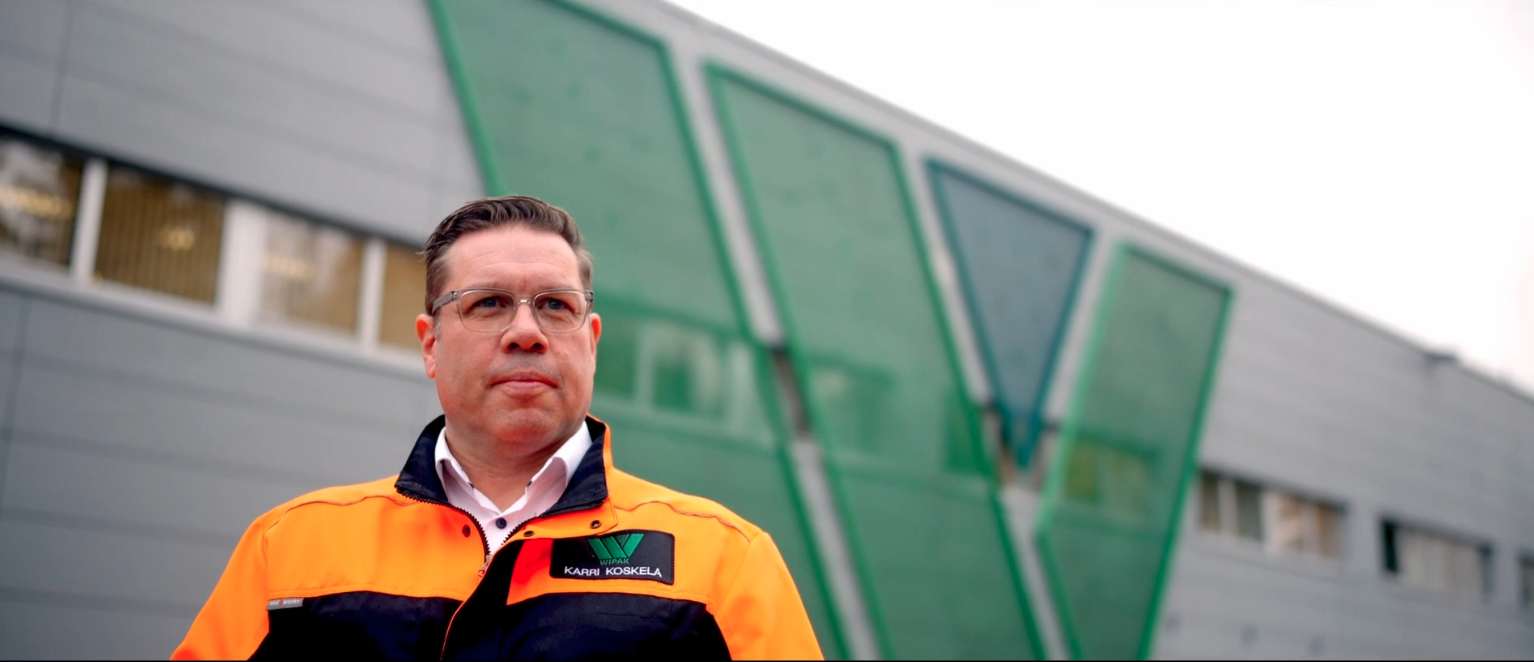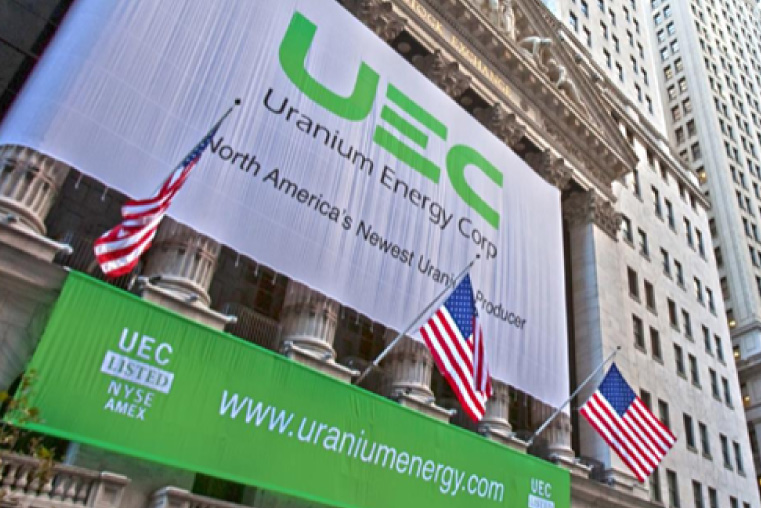Driving Sustainability in Digital Infrastructure
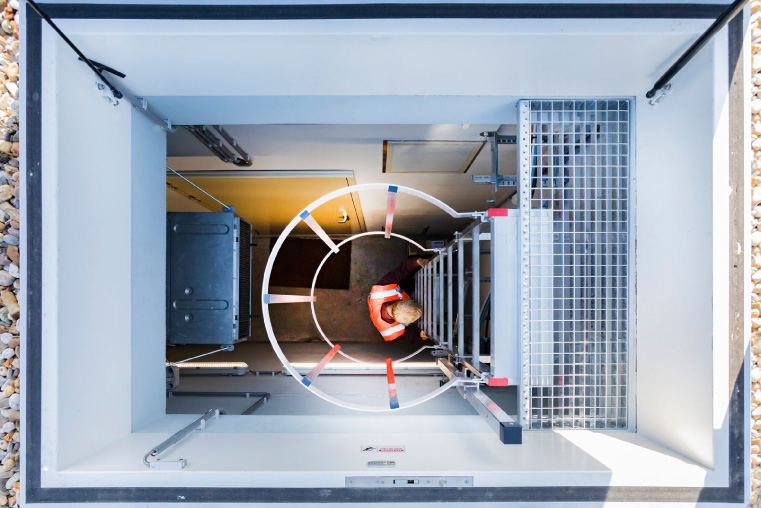
euNetworks leads in decarbonisation challenges, focusing on innovation, collaboration and a cultural commitment to lasting change.
Navigating the Digital Future: euNetworks’ Leadership in Sustainable Infrastructure
Without digital infrastructure, sending a simple SMS, viewing an Instagram reel, turning up a cloud computing instance, or using generative AI is impossible.
Digital infrastructure combines powerful data centres – large locations housing equipment that provides computing power and data storage – with vast fibre optic networks that connect these across oceans, continents, countries and cities. Developing a sustainable approach to building and managing this critical infrastructure while decarbonising it is a challenge facing this industry.
Committed to Net-Zero: euNetworks’ Decarbonization Initiatives
One provider is leading the way, embedding sustainability throughout its organisation, collaborating with suppliers and partners, and making decarbonisation changes that have a meaningful and lasting impact.
euNetworks is a fibre optic network provider, a specialist in connecting data centres and critical locations across Europe, and a leading cloud connectivity provider. The company has a network of over 66,000 kilometres, connecting 53 cities in 17 countries and 17 metropolitan city networks.
“As the owner of a large, constantly expanding fibre network, we recognise our operations’ impact on the environment,” said Paula Cogan, Chief Executive Officer of euNetworks. “euNetworks is committed to minimising our carbon footprint and contributing to global efforts in combating climate change and transitioning to a low-carbon economy.”
The company has signed up to the Climate Pledge to achieve net-zero carbon status by 2040 and has set 1.5°C-aligned science-based targets across Scopes 1, 2 and 3. The company is working hard to deliver its commitment with strategic decarbonisation initiatives and collaborative work with its supply chain, customers and industry partners.
Pioneering Carbon Measurement: Precision and Impact
One of the most innovative initiatives is the pioneering work by euNetworks on carbon measurement, developing award-winning tools to provide precise emissions data from its network. These tools help identify network carbon hot spots, gauge the potential carbon impact of new construction projects, and measure the emissions associated with services each euNetworks customer uses, empowering those customers to measure and address their Scope 3 emissions while making carbon consideration part of the decision-making process when they purchase new services.
Building a Sustainable Ecosystem: Collaborative Practices
It is clear that while euNetworks has made significant strides towards its sustainability goals, collaboration among suppliers, customers, and partners will be essential to achieving substantial, long-term environmental change.
A crucial part of euNetworks’ strategy is to encourage sustainable practices throughout the supply chain, emphasising the importance of responsible sourcing and reduced emissions in construction practices and manufacturing carbon-intensive products.
euNetworks collaborates with its ecosystem of suppliers and partners to explore and embrace alternative materials and construction techniques to reduce carbon emissions during the network’s construction and operational stages.
By bringing together suppliers to share new knowledge, experience, and best practices, euNetworks is helping to build a sustainability-focused community that can not only address short-term construction improvements such as lower carbon materials, but also support each other in developing larger initiatives that can deliver more significant impact, like using fleets of electric vehicles, innovative non-conventional project designs, or optimising logistics for emissions benefits.
In an industry fundamental to economies and society, euNetworks is committed to making significant sustainability strides of its own and supporting the bigger picture of businesses working together to solve the immense challenges of sustainability and climate change.
Find out more about COP28 campaign






